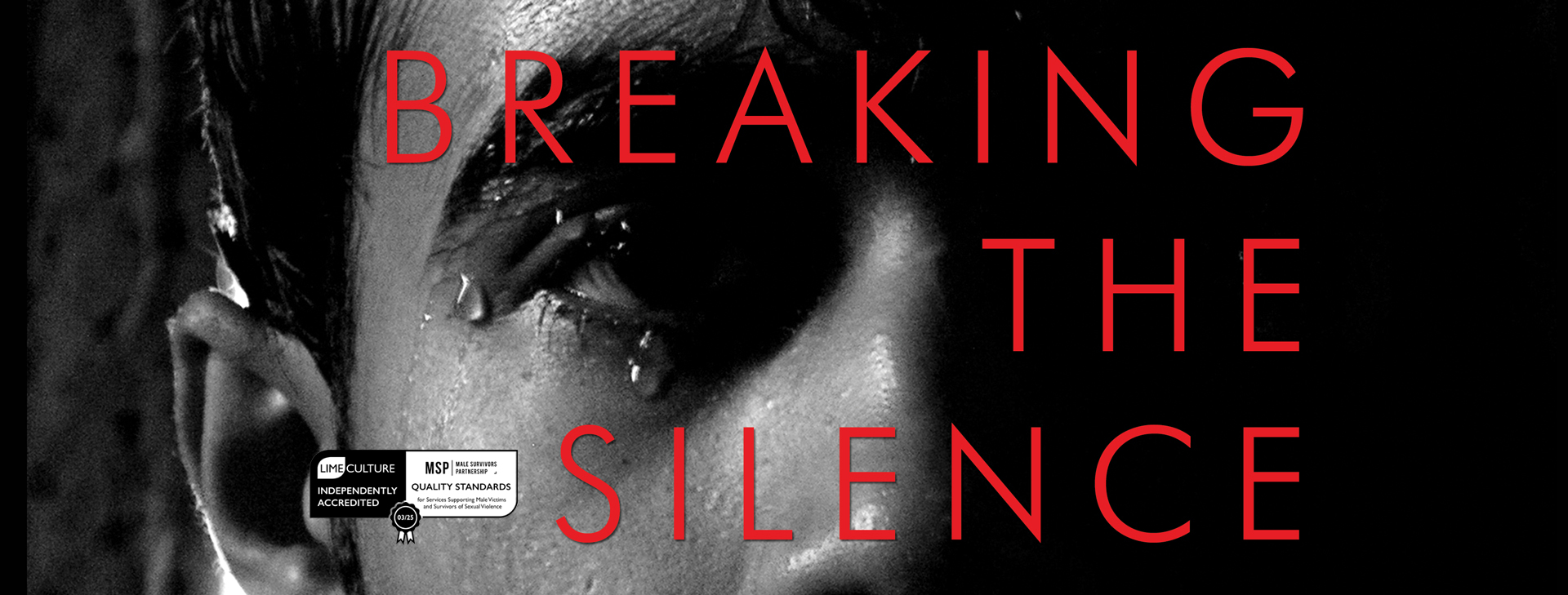Our Commitment to Inclusivity
Unwanted and abusive sexual experiences in childhood can affect all men regardless of race, religion, class, ethnicity, sexual orientation, culture etc.
How this trauma affects each individual depends on the social, religious, cultural and personal influences in his life.
Breaking the Silence recognizes that there are ‘barriers’ that prevent men from South Asian communities talking about their suffering. These prevents them healing. These may include:
- Sharam and Izzet – Shame and honour: cultural prohibitions against disclosing secrets (this only serves to protect abusers).
- Sexual abuse remains ‘taboo’ or ‘hidden’ – South Asian communities lack the vocabulary (in their mother tongue) to describe it.
- Sexual abuse is considered a ‘western phenomena’ – something that only affects ‘white people’.
- Limited opportunities to share this experience with someone impartial e.g. not from your community.
- Fear that existing support services e.g. Social Services, won’t understand your culture and respond in a way that puts you more at risk.
- Expectations about men and emotion e.g. men don’t hurt, men don’t talk, men are tough. This only protects the abuser further.
- Rejection or threat of rejection by family or community – told to accept the situation, or even blamed for it. Told to keep it secret or face consequences e.g. family will be made outcasts from the community; held responsible for breaking up the family; threat of violence.
- Creates greater sense of isolation.
Breaking the Silence believe that any effective support and healing must respect and honour the contexts above that affect each man’s life. It is only by understanding the unique dilemmas faced by South Asian men that we can provide a service that can help men to heal and live healthier, more fulfilling lives
